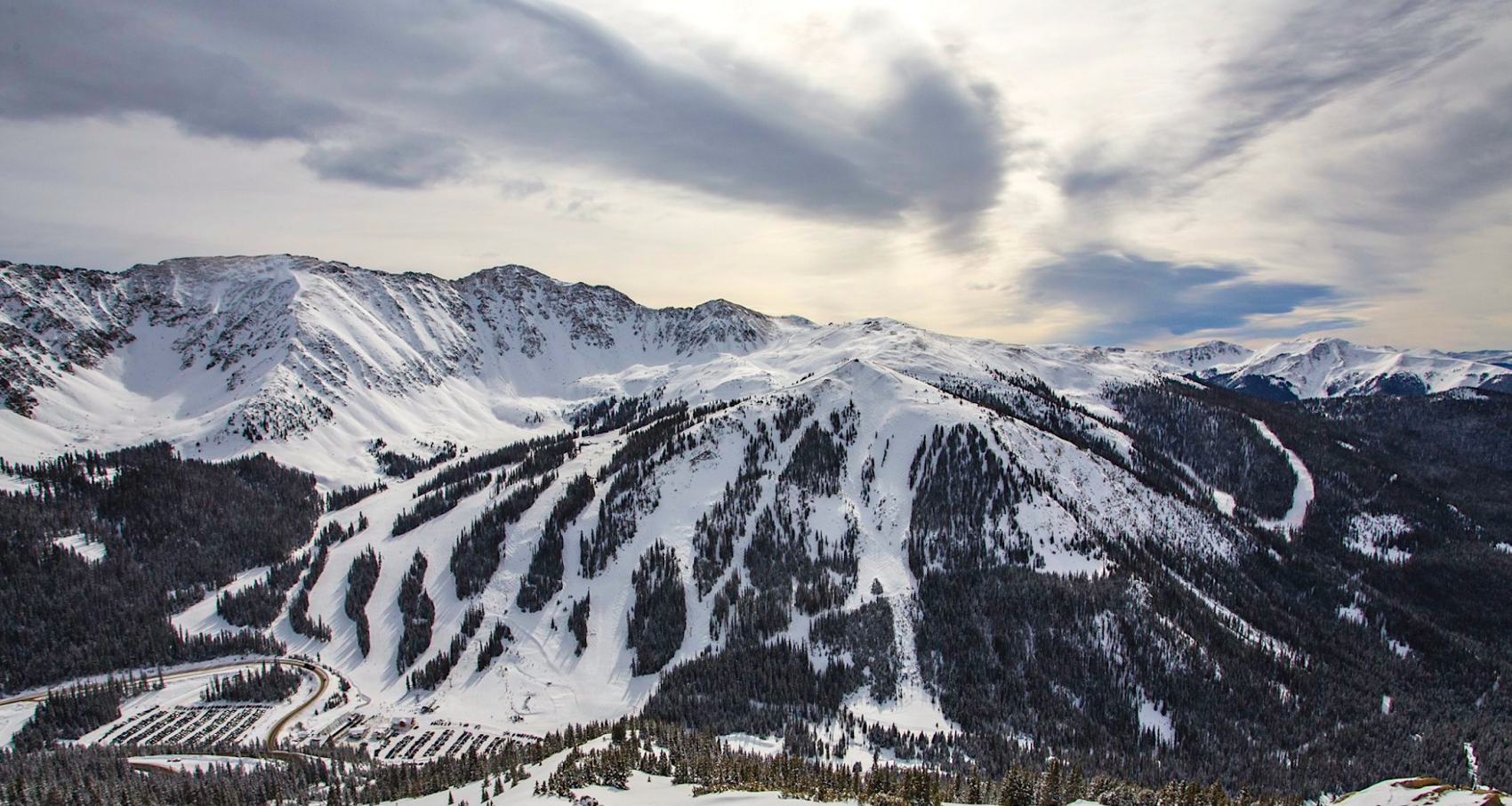
After a draining year, the world started easing its COVID restrictions. So what does that mean for Colorado tourism?
As expected, Colorado Ski County (CSCUSA) announced a 7.6% increase in tourism in the 2021 season. With everyone eager to return to a somewhat normal life, there was a boom in tourism. Skiing appeared to be safer since it takes place outside and is spaced out.
While this year was a good rebound in tourism, CSCUSA reported that the visit totals fell 3.7% short of the five-year average. With the conflicting data trends, factors other than COVID should be considered. For example, the annual snowfall. According to the National Weather Service, the 2020-2021 ski year brought an annual 80.2 inches of snow to Denver, CO. That’s 22.6 more inches than the previous season and 23.5 inches above the historical average.
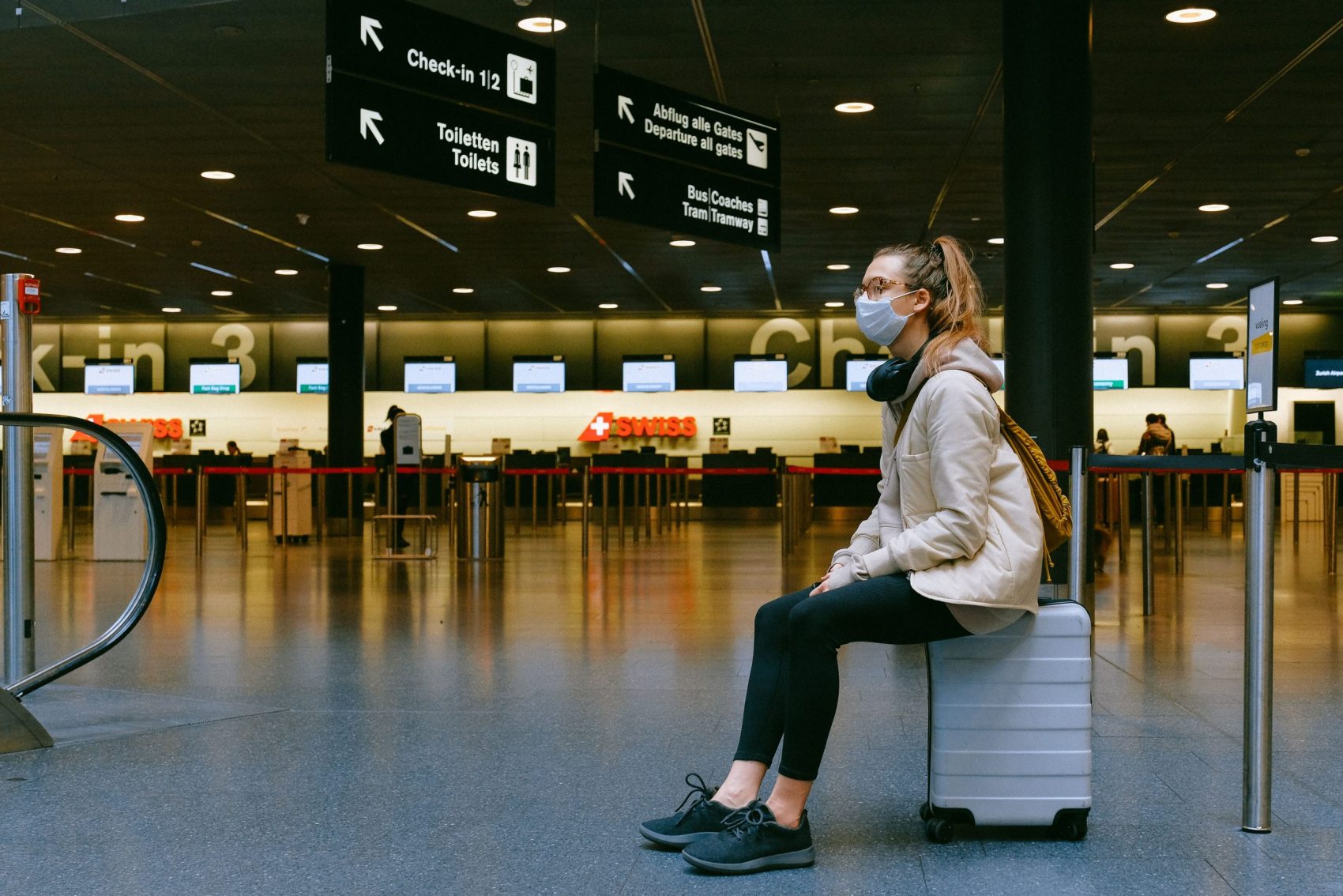
So why was the 5-year visitor average down? Surely, the ease of restrictions and snowfall should have brought enough people to break records, yet that wasn’t the case. Vail Resorts reported a 28.4% decrease in net income in the second fiscal quarter of 2021 than the second fiscal quarter of 2020. They stated that this was primarily a result of “negative impacts from capacity restrictions related to COVID-19.” This information proves that CSCUSA wasn’t the only branch of resorts struggling to meet previous year’s trends. Whether it be Vail Resorts or CSCUSA, no matter the tourist turnout, there was always a cap on tourism because of COVID guidelines.
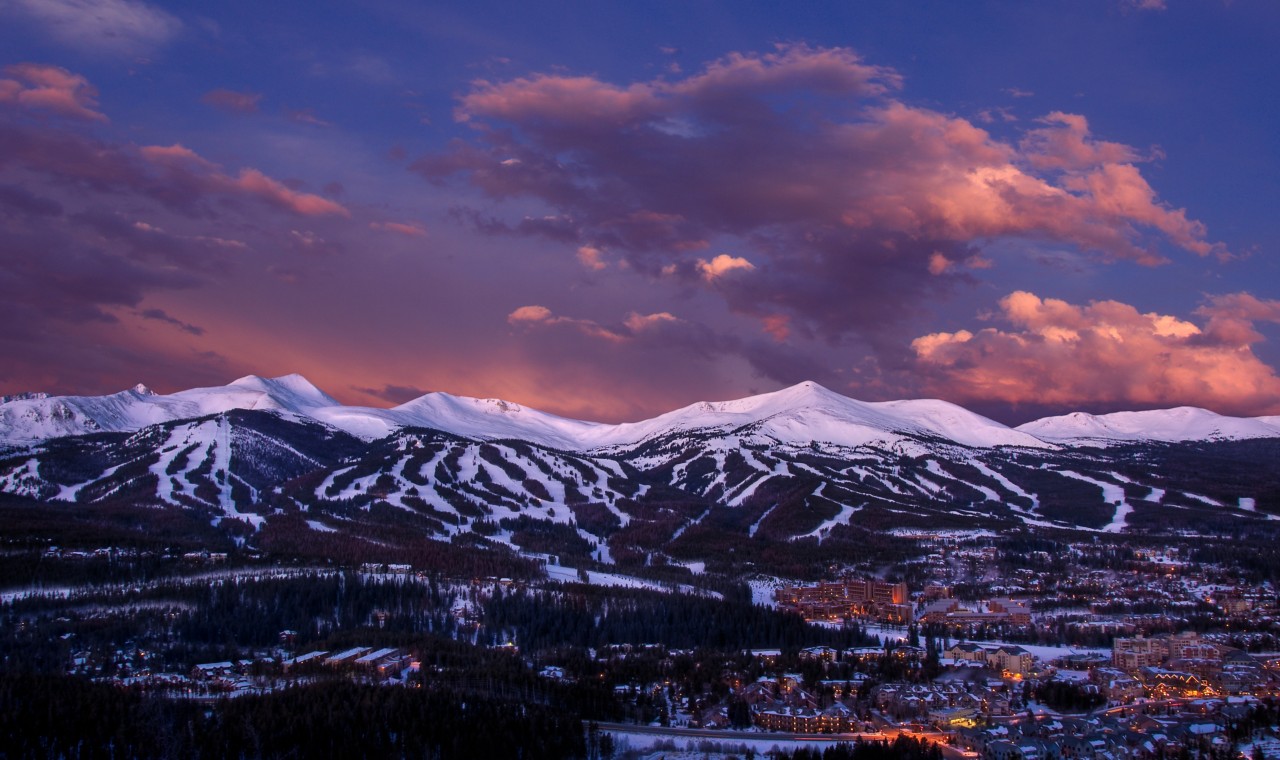
A reasonable explanation for the incompatible trends of CSCUSA is the length of the season. In 2020, CSCUSA shut down around mid-March, per the request of Governor Jared Polis. In a normal year, most of CSCUSA’s resorts are open until mid-April, with Winter Park staying open until May 16th during 2021. Although the large snowfall and limitations ease could be credited for the turnout, a longer season is certain to bring in more revenue. The longer season length was sure to be an increase from 2020, but that didn’t necessarily mean it was going to be satisfactory when looking over five-year trends.
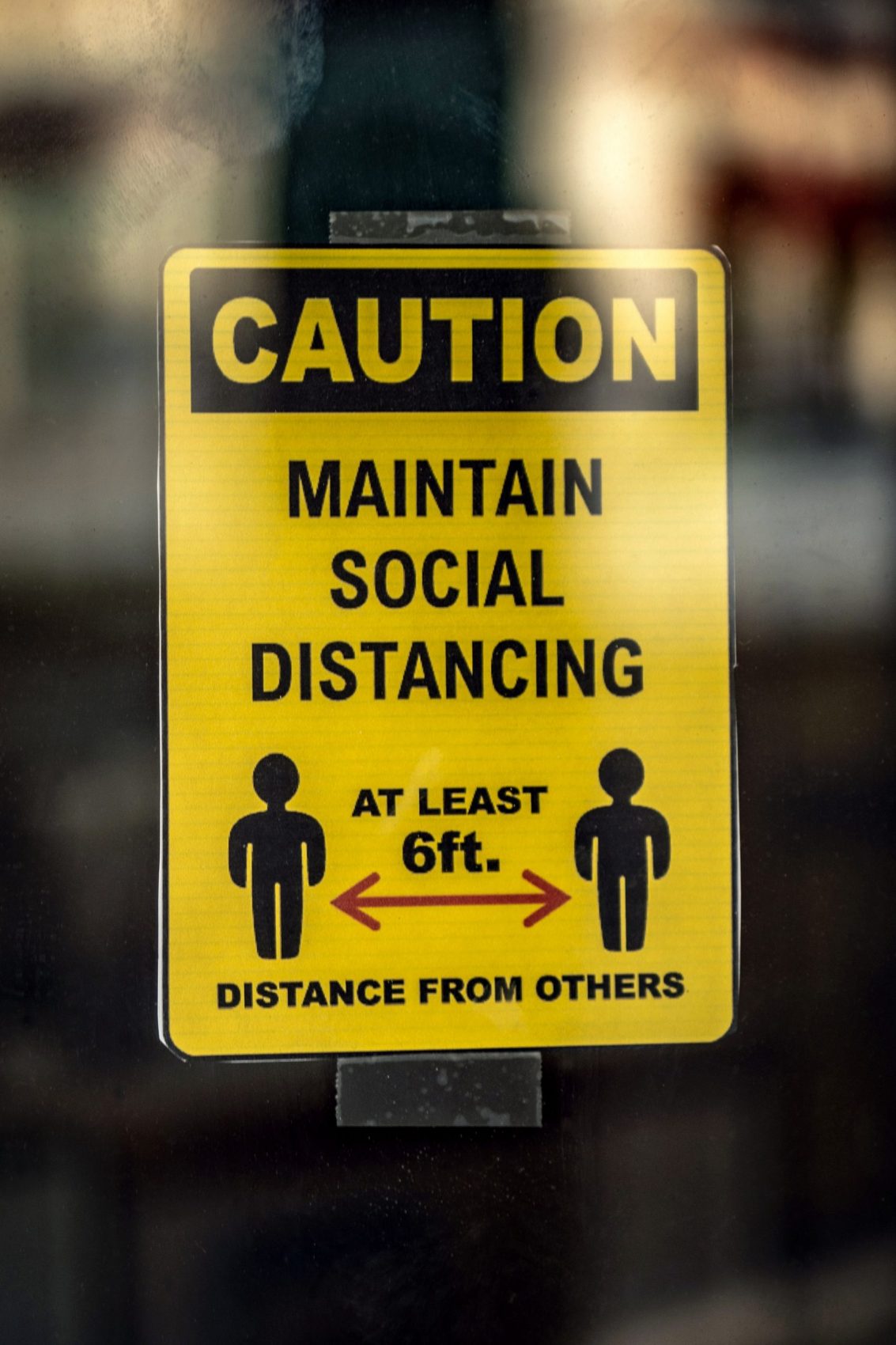
The expectations are high for the 2021-2022 ski year. While 2021 was a step in the right direction regarding getting back to normal, there were still limitations that may have turned away certain tourists. Next year could certainly be one of the most successful years for CSCUSA if COVID continues to decrease. This year was a chance for everyone to experience tourism again, yet there were rules to help stop the spread. Next year could be completely back to normal with little to no rules related to social distancing and masks, which is very appealing to many people. We can only hope that next year will have record-breaking numbers.


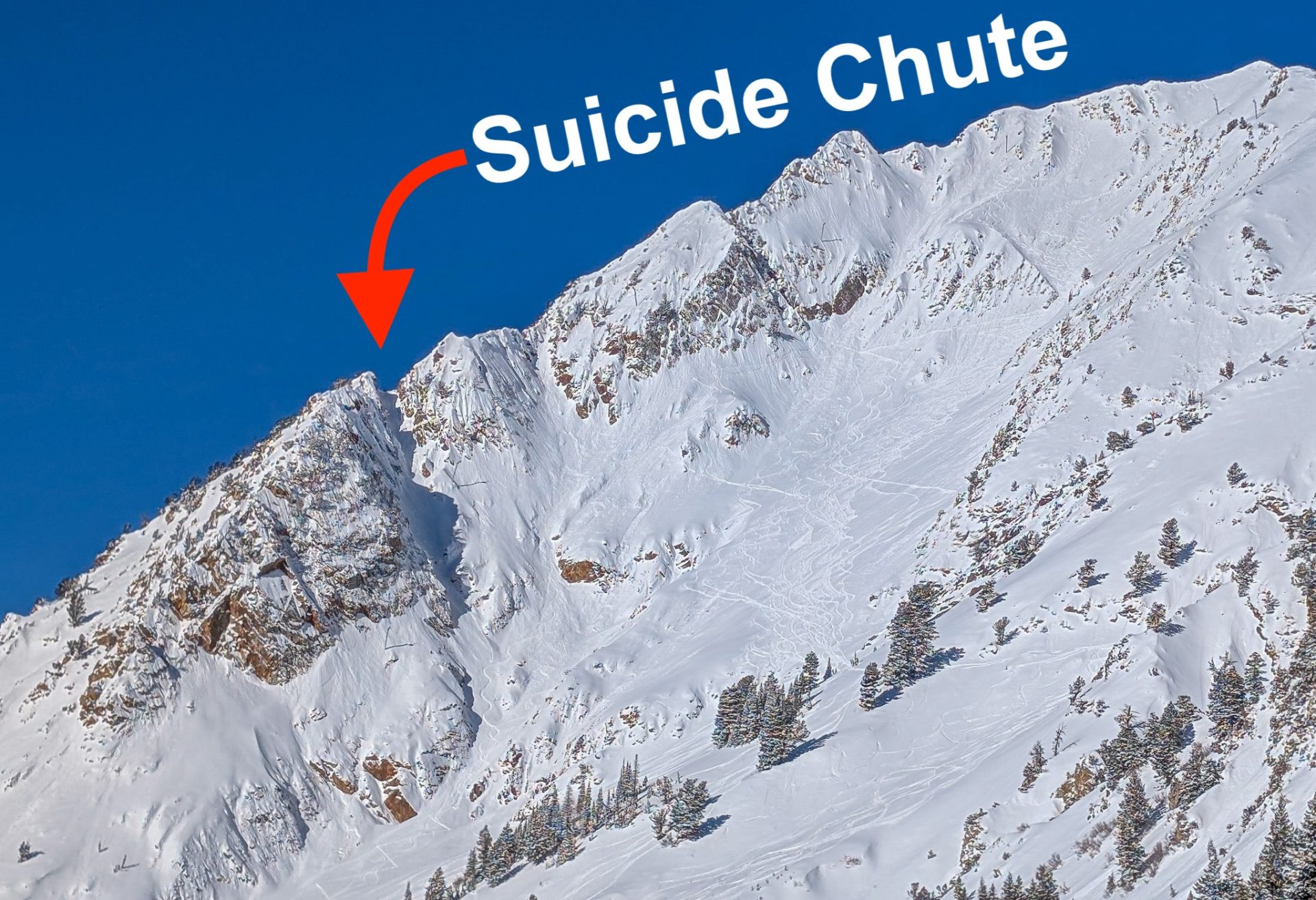
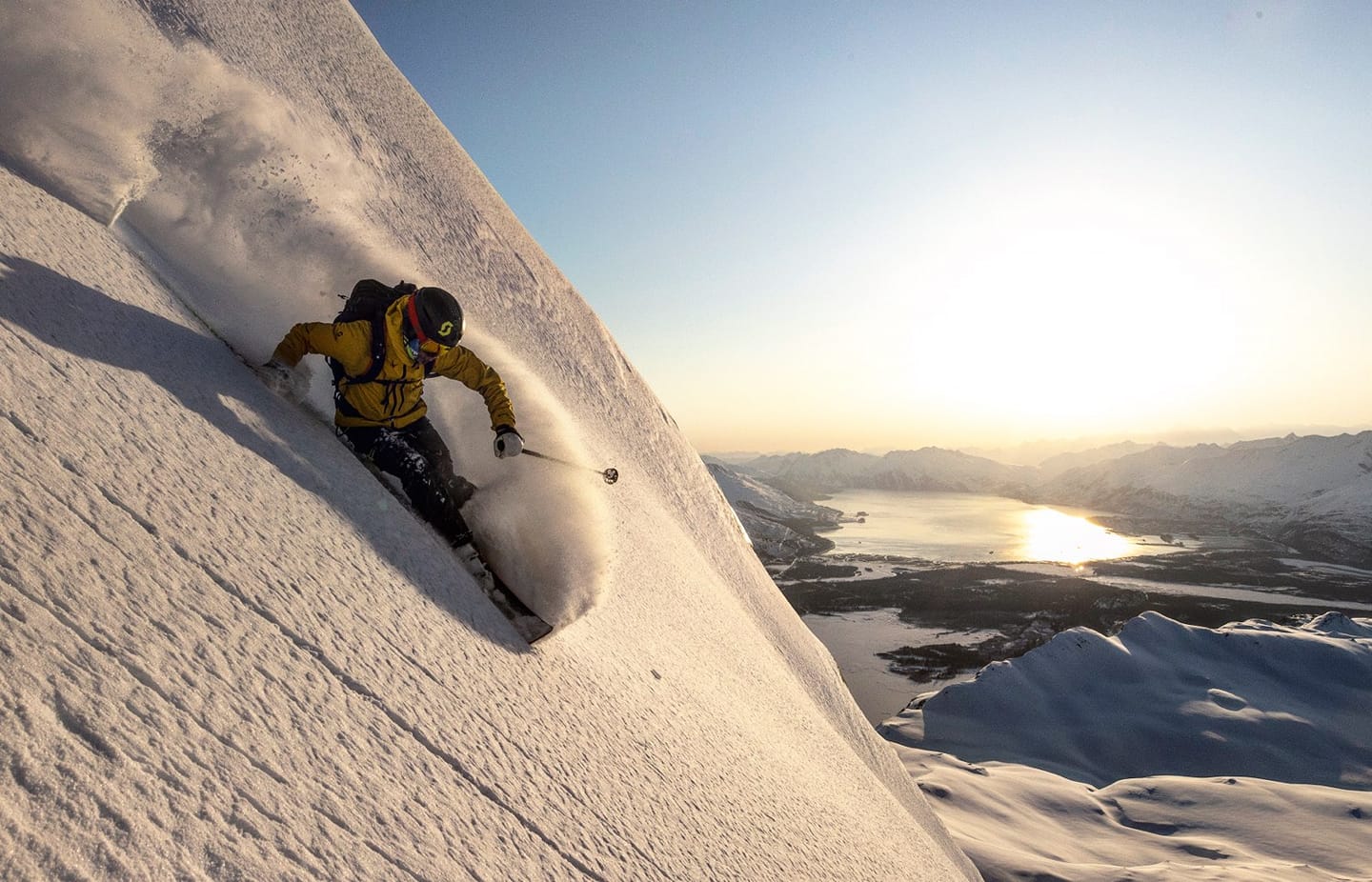
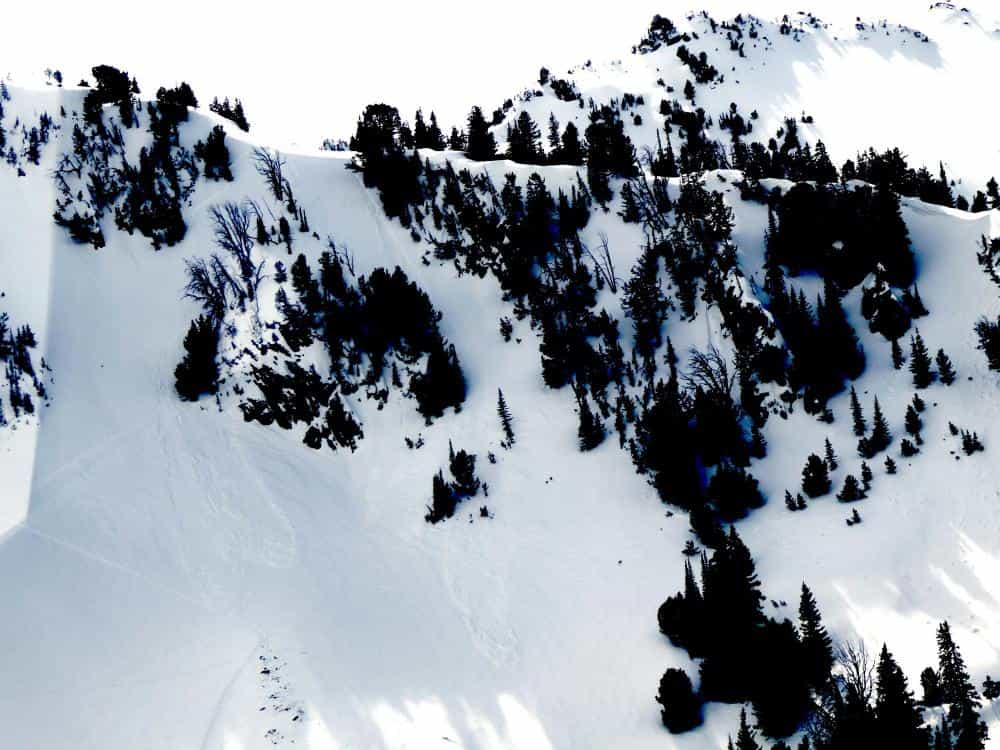
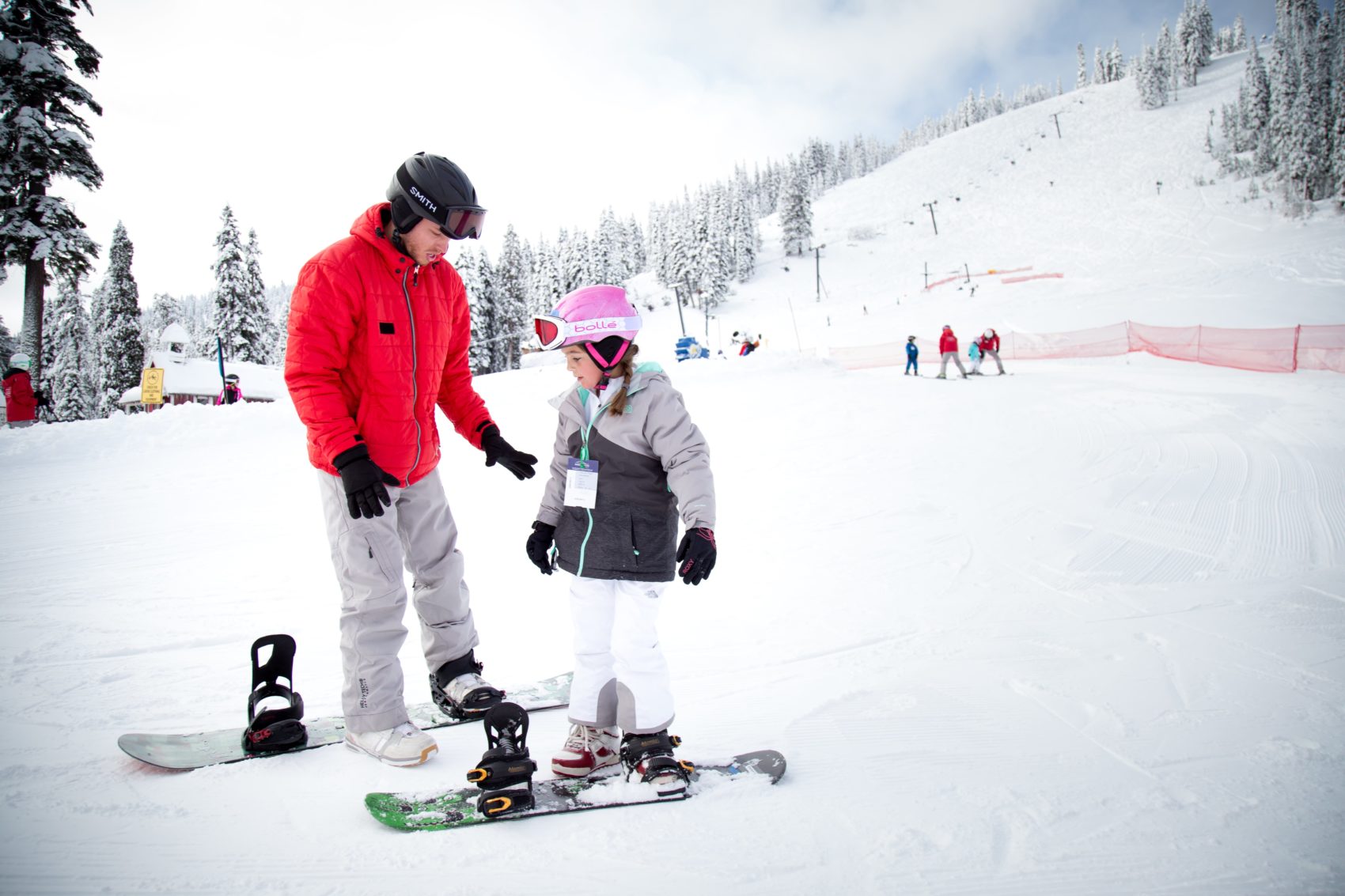
Great Job!!! My Son Loves Skiing And I Showed This To Him! He Was Smiling!
Excellent writing by Breda Bergom. Well, the elephant in the room is those who refuse to get vaccinated. Are resorts going to restrict skiing to protect those who fear the vaccine? I think the answer is no. If you are vaccinated, and show up at a resort, indeed, show up *anywhere*, you’re good to go.
Those clueless souls who refuse to get vaccinated can get covid from their fellow unvaccinated, but we cannot allow them to sue resorts for the consequences of their nonsensical beliefs.
But the unvaccinated threaten those who are immune-compromised, even though they have gotten vaccinated. There’s still a problem in our country due to unvaccinated people, but we can’t stop business because of them. If one is immune-compromised, I think that resorts can accommodate her or him in effective ways.
The great job we have done in producing vaccines has gotten us going again, shredding those slopes, where we rightfully belong.